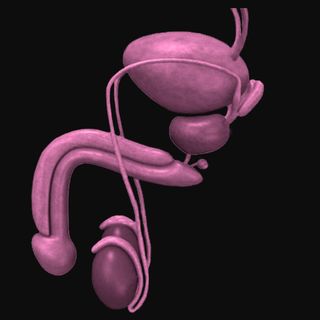When it comes to postpartum depression, women should also be screened for anger, as well as depression and anxiety, says a new analysis published in the journal Birth.
Although previously, anger has been linked to postpartum mood problems in some new mothers, research on the topic has been minimal. What’s more, the emotion isn’t included in the widely used Edinburgh Postnatal Depression Scale – a screening tool for postpartum depression. But after conducting a thorough examination of existing research, University of British Columbia nursing PhD student Christine Ou found anger to be a common feature of postpartum mood problems.
“We know that mothers can be depressed and anxious in the postpartum period, but researchers haven’t really paid attention to anger,” Ou said. “There’s some evidence that indicates that being both angry and depressed worsens the intensity and length of depression. That can have many negative effects on the mother, child and family, and on the relationship between parents.”
Ou’s review of studies found anger cropped up when women experienced recognized symptoms of postnatal depression such as feelings of powerlessness, as well as a mismatch between their reality and expectations about motherhood and support. This suggests anger is a symptom of postpartum depression in its own right.
“Anger can be a reaction to broken expectations about what mothering will be like,” Ou explains. “Mothers may feel that they have not met their own expectations and that also others may judge them because, for example, they’re formula-feeding instead of breastfeeding. Many mothers have also expressed feeling let down by others in terms of support from partners, family members, and health-care providers as well.”
Ou suggests anger has gone unrecognized as a postpartum depression symptom because many cultures hold the feeling or expression of anger to be impolite or unflattering, especially for women.
It is hard to pinpoint which comes first, postpartum feelings of anger or depression, but Ou says it may not be necessary to untangle the relationship in order for her findings to be helpful. What’s important is to find out whether mothers are feeling anger at all, or both anger and depression, adds Ou.




